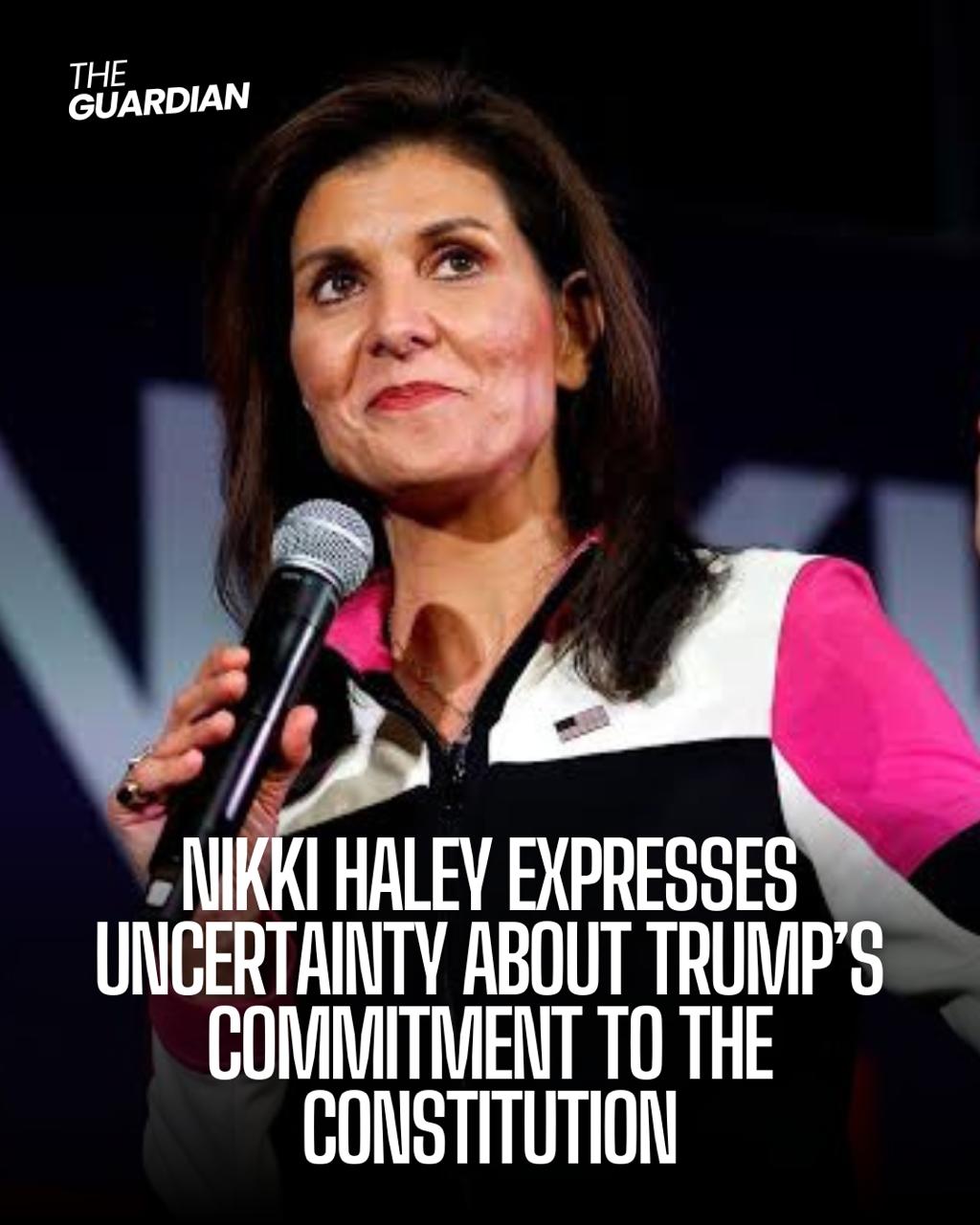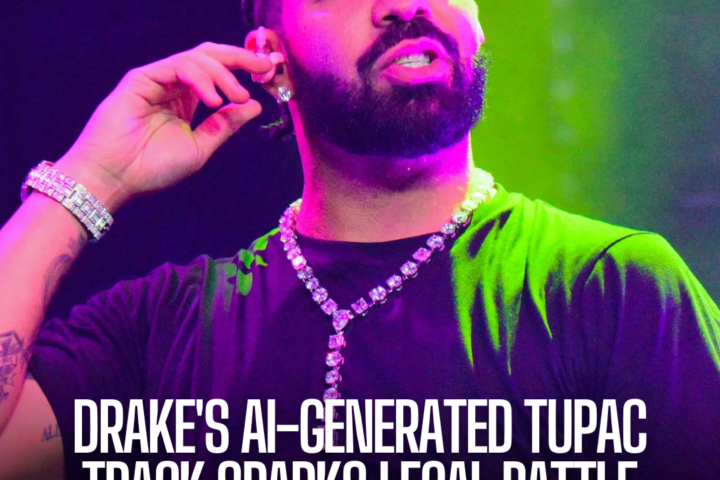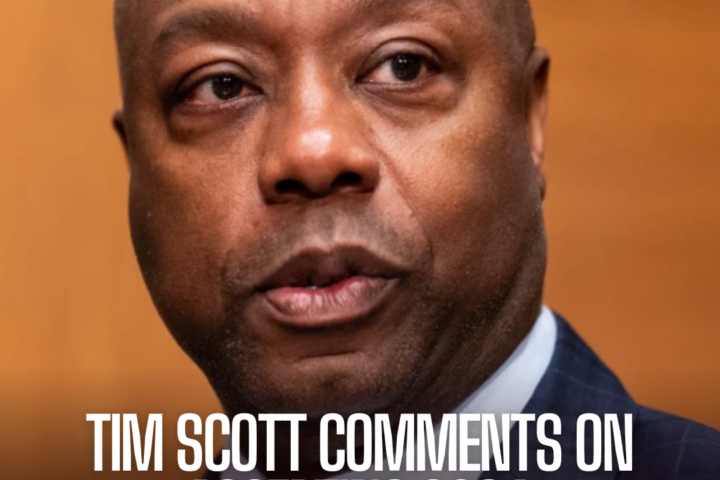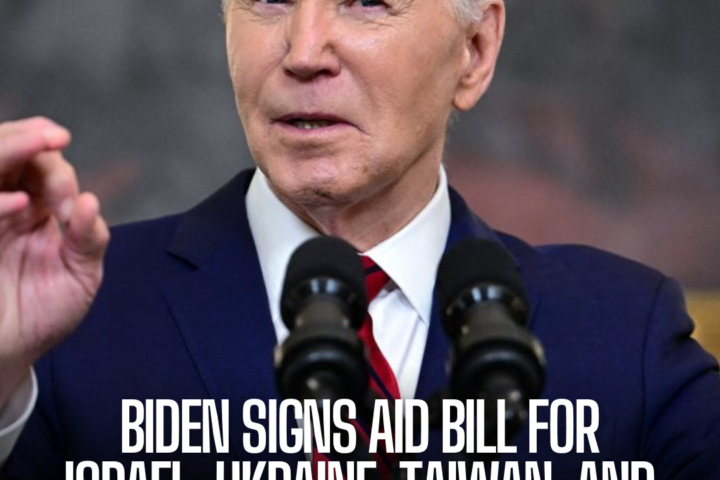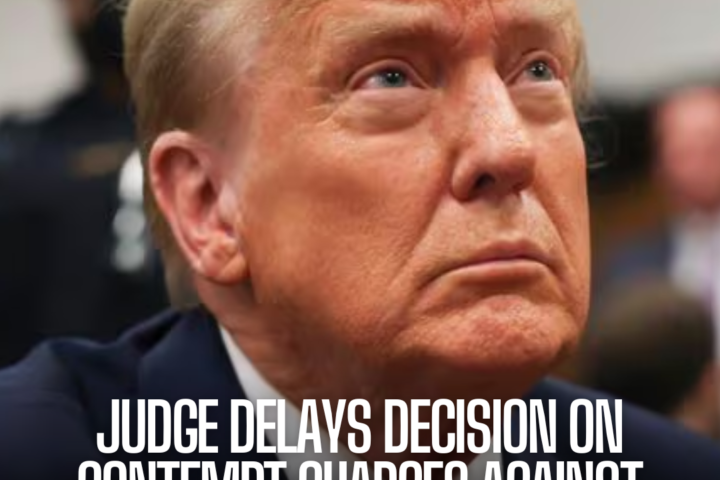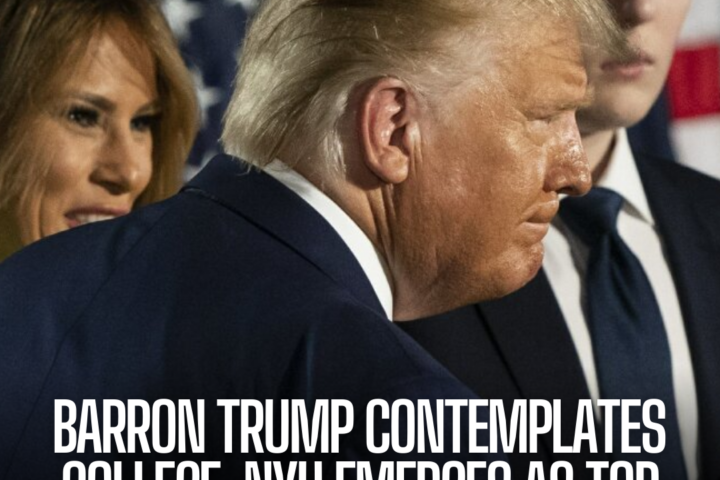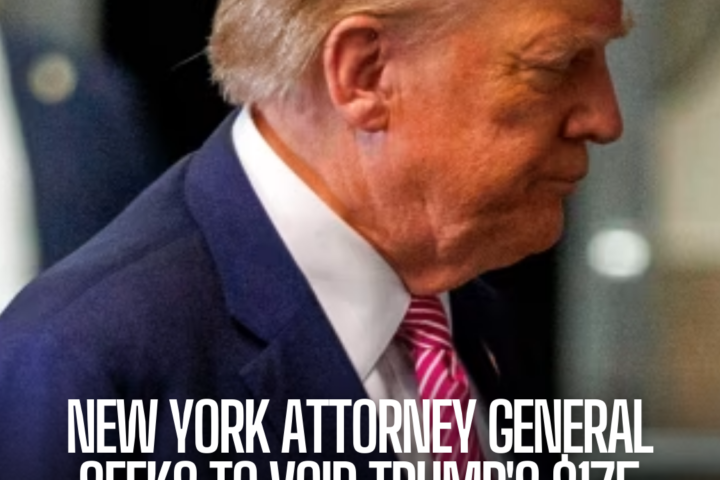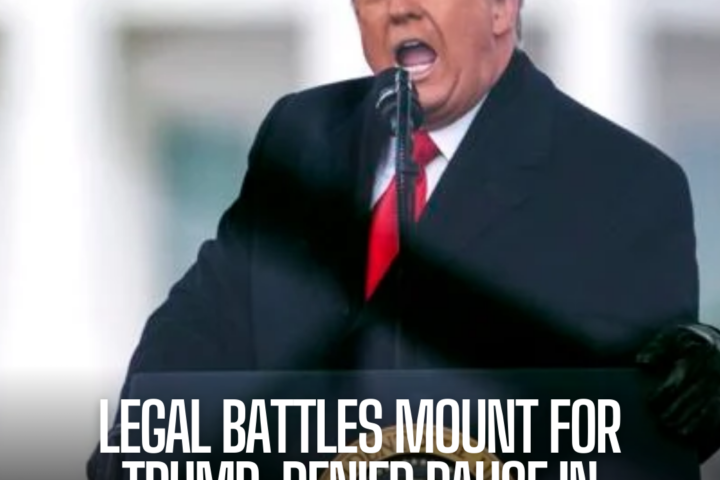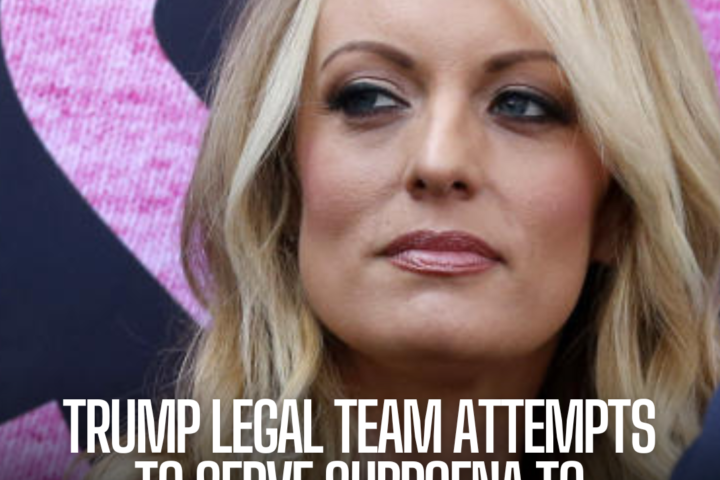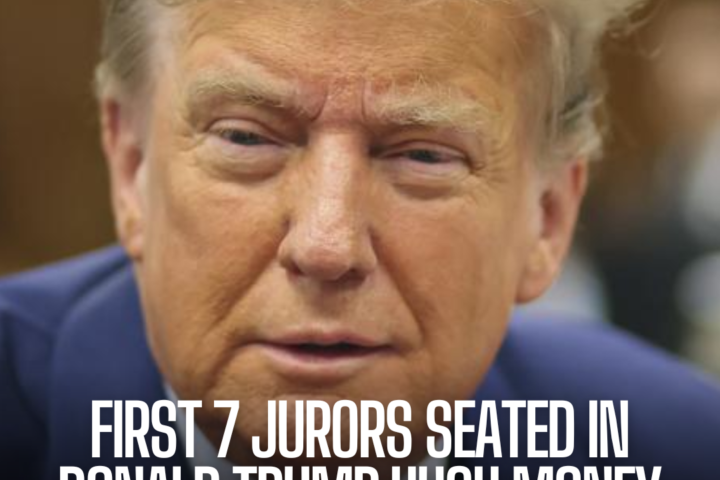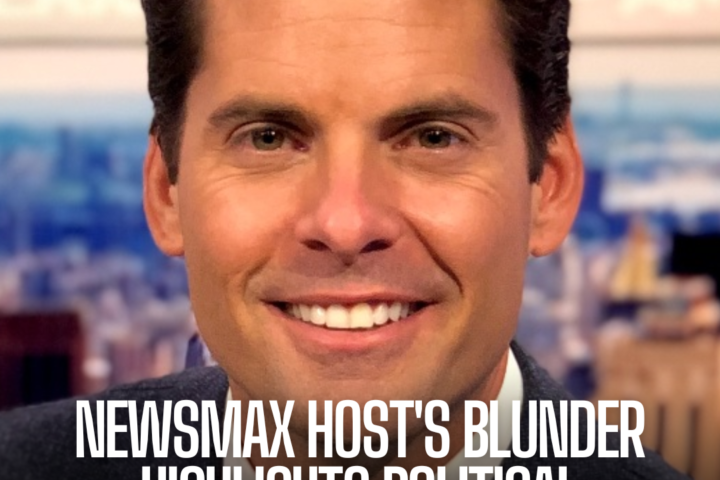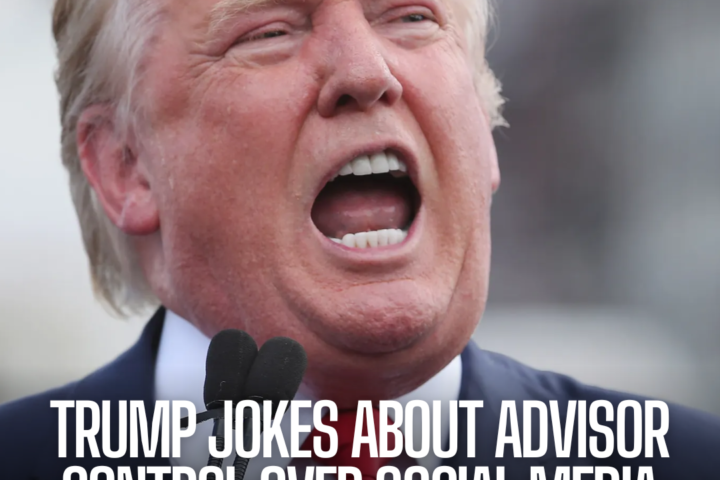Donald Trump’s final Republican primary challenger stated, “No president should be above the law.”
In a recent interview with NBC’s Meet the Press, former South Carolina governor Nikki Haley, who vied against Donald Trump for the Republican presidential nomination, expressed uncertainty regarding Trump’s adherence to the US Constitution if elected for a second term.
Ambiguity Surrounding Trump’s Allegiance to the Constitution
When asked whether she believed Trump would uphold the US Constitution in a potential second term, Haley responded with uncertainty, stating, “I don’t know.
I don’t – I don’t know.” Despite expressing the desire to believe in Trump’s commitment, she remained cautious, highlighting doubts about his intentions.
Trump’s Campaign Rhetoric and Concerns
Throughout his campaign, Trump’s rhetoric has often been contentious, with statements hinting at authoritarian tendencies and a desire for unchecked power.
Also read: Meta Platforms Inc. faces GDPR complaints
Haley referenced Trump’s dark language, including his aspirations to be a “dictator” and promises of “ultimate and absolute revenge” against his adversaries, raising concerns about his approach to governance.
Questions of Presidential Accountability
Haley emphasized the importance of presidential accountability and adherence to the rule of law, asserting that no president should be immune to legal scrutiny or have unrestricted authority.
She underscored the need for transparency and accountability in presidential conduct, regardless of political affiliation.
Legal Battles and Supreme Court Intervention
Trump’s legal battles, including allegations of election subversion and retention of classified information, have raised significant legal challenges.
The US Supreme Court’s decision to hear oral arguments regarding Trump’s claim of absolute immunity for acts committed in office has sparked debate over presidential accountability and the limits of executive power.
Implications for the Future
As Trump faces multiple legal challenges, including criminal charges, the outcome of legal proceedings and the Supreme Court’s intervention could have far-reaching implications for the future of presidential accountability and the rule of law.
Haley’s remarks underscore the importance of upholding constitutional principles and ensuring transparency and accountability in presidential conduct.

